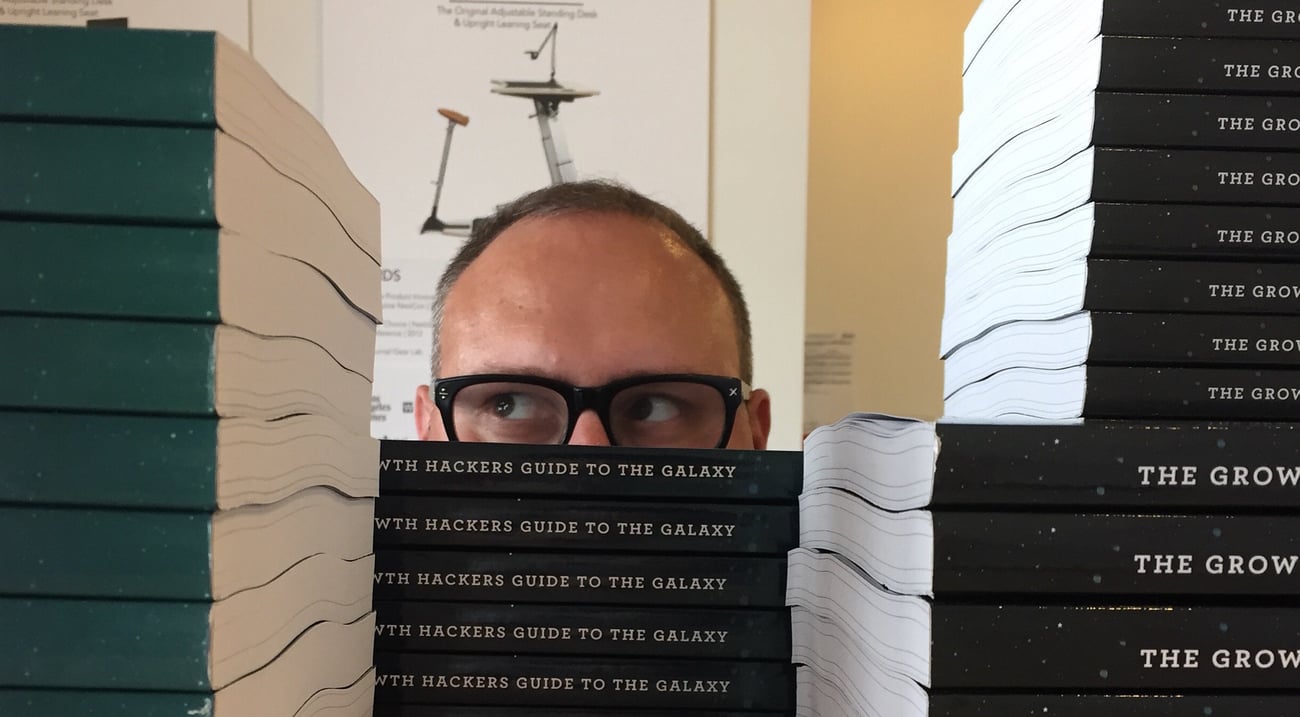
What if there was a methodology designed to grow your business quickly and cheaply, no matter what size it is?
Auckland-based digital marketer Mark Hayes helping to make it so, by pioneering a common-place US method at home in New Zealand. Hayes is co-author of recently published book The Growth Hackers Guide to The Galaxy, a comprehensive practical guideline to growing a startup. It took nearly a year to write the book with his co-author Jeff Goldenberg, and now Hayes is in the process of getting New Zealanders on board with the concept.
Californian entrepreneur Sean Ellis coined the term “growth hacking” in 2010, realising the need for a different form of marketing in startup businesses that would help grow the brand in the early stages.
Growth hacking is a process of rapid experimentation across marketing channels. It looks at the most effect ways to grow a business by seeking out low-cost alternatives to traditional marketing.
Growth hackers are marketers, engineers and product managers who specifically focus on building and engaging the user-base of a business.

Hayes stumbled across the term early in the piece. Five years ago, he was looking for a new venture to sink his teeth into, and when a friend mentioned the term over drinks, piquing Hayes’ interest. Two years later, Hayes founded one of the first global growth hacking agencies, Growth Devil, and now runs a digital marketing consultancy, Rocketshp.
While the term is becoming widely used in the United States, Hayes has had to work harder to get the same recognition in New Zealand. This is partly due to the negative connotations of the word “hacking”.
“Whenever you use the word ‘hacker’ in New Zealand, people are a bit taken aback,” he says. “But it doesn’t mean the same thing anymore. Hacker refers to someone who is clever, original and an innovator.”
In November 2014, Hayes started writing a blog post about growth hacking, which turned into “epic content” – or a 30,000-word long-form blog.
He published it online in March 2015, and the post went viral. So, to build on his reach, he developed a slideshare based on the post. It was then that Goldenberg reached out to Hayes about turning the post into a book.
After the release in March this year, they are now close to selling 10,000 copies, primarily overseas. “It’s a great achievement for a book on quite a niche topic,” he says. “The interesting thing has been the reaction of the Kiwi community, they are surprised a Kiwi is writing on this subject matter.”
An example of a major company using growth hacker methodology is Airbnb. In the initial stages of the company, they added listings to Craig’s List, to drive people towards their startup. “It was a hijack that allowed them to build their startup by thinking outside the square.”
Hayes and Goldenberg wanted to make sure the book wasn’t just the theory behind the process, but a practical guide that could be adapted to any business. They did case studies with businesses such as Shopify, Zenefits, Frank and Oak and AdEspresso to prove the model works.
But, like any business guideline, it’s not fool proof. A good methodology needs a good idea to work with. “Lipstick on a pig is still lipstick on a pig,” he says. “If your product idea is no good, then growth hacking won’t help. The idea behind growth hacking is to gain you access to you market, but if there’s no market in the first place, it won’t work.”





